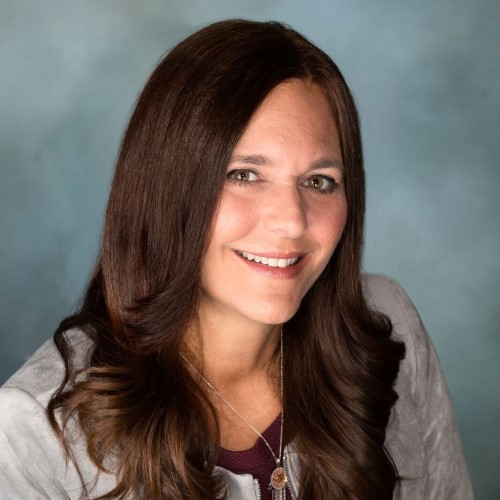What We Focus On Grows
January 01, 2023
President's Corner
In studying the work of American systems scientist Peter Senge, I discovered early on that what you focus on grows. So in education, what do we focus on, and are we focused on the right things? Do we measure what matters? Do we measure learning inclusively and provide for differences in learners?
A model of education was created during the industrial age that funneled large numbers of children through the same tiny opening. Success was narrowly defined by standardized testing. This practice created a definition of intelligence and achievement using very lim-ited metrics and allowing few to be exclusive members to this club.
We all know that what gets measured gets taught. But are we measuring the right things and is what is getting measured actually learned? There is much to consider when deliberating the question of measurement. When conducted through the lens of learning, we might find deeper meaning and end up with more consequential outcomes.
In the medical field, we measure to diagnose and treat and then remeasure. In education, we do the same. The purpose of assessing students is to inform teaching and learning by reviewing deficits, growth and success with a cycle of continuous measurement. Many im-portant questions come to mind when thinking about measurement and learning.
Have we given these questions the time and attention necessary to be diligent and responsive to students, their learning and the systems that drive this cycle?
How do we define “learned”? Is it the final result or rather a step along the way to a broader and deeper outcome? Is a “moment in time” metric an accurate measure and a measure of what? Do we allow for reflection and metacognition, so learning is deeper, more independent and embedded as a lifelong skill?
What important learning is not measured? How do we measure deeper learning? What role do performance-based assessments and growth models play in measuring student performance?
How do we hold systems responsible without punishing students? I think we could all agree that systems must be held accountable. All students must be ensured a strong, equal and robust education, but we have mistakenly used single point-in-time measurements to hold these systems accountable.
Countless examples exist where student assessment has failed us. Most individuals who do not attain a high score on the SATs still experience lifelong success in their chosen career path. Those who are in the gifted and talented program in elementary school may one day perform at the same academic level as those who were not. If we accept this, why would we not allow for multiple and varied forms of measurement?
In the world outside of schools, there is opportunity to reflect, rethink and revise. There is a first product and, multiple versions later, a final product. Life in the world of work is not multiple choice or true/false, and it is not often timed. Imagine if writers, doctors, lawyers, electricians or construction workers were given a finite chance to think, problem-solve, plan and execute without the ability to reflect, revise and strategize. How effective could they be?
What we focus on grows. If we focus on learning, measure continuous growth in learning and allow learning to be a meaningful and reflective experience, just imagine the growth and accomplishments of our students. We need to broaden the ways in which we allow learners to demonstrate their progress and achievements, so the measurement is accurate and appropriate to the learning that has taken place. We must allow students to show their strengths, reflections and metacognitions so they are well-equipped to drive their own learning and growth. This will better prepare our future citizens with the necessary lifelong skills.
Not all measurement should be based on numbers and statistics. In fact, deeper learning, the deepest learning, accounts for much more.
Shari Camhi is AASA president in 2022-23. @BaldwinUFSD
Author
Advertisement
Advertisement
Advertisement
Advertisement




